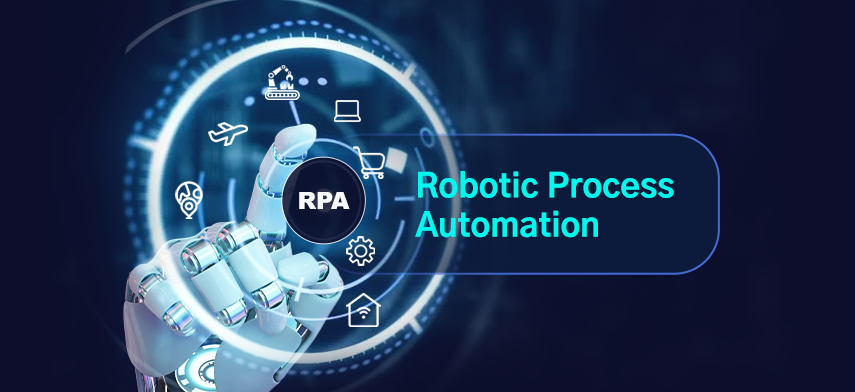Robotic Process Automation (RPA) has emerged as a transformative force, reshaping how businesses approach and streamline their operational processes. At its essence, RPA leverages software robots to automate routine, rule-based tasks, freeing up human resources for more strategic and complex endeavors.
The fundamental principle of RPA involves the deployment of bots that mimic human interactions with digital systems. These bots operate at the user interface level, allowing them to navigate and interact with applications just as a human user would. This versatility makes RPA a non-disruptive and easily integrable solution for optimizing existing workflows.

One of the primary advantages of RPA lies in its ability to seamlessly integrate with a variety of existing systems and applications. Unlike traditional automation approaches that may require extensive coding and system restructuring, RPA operates on top of existing infrastructure, making it a cost-effective and efficient choice for process optimization.
Implementing RPA yields several benefits for organizations. Cost efficiency is a notable advantage, as RPA reduces operational costs by automating repetitive tasks, thereby allowing human resources to focus on more value-driven activities. The accuracy and consistency offered by RPA are crucial, especially in tasks requiring precision, such as data reconciliation and compliance reporting.
By automating routine tasks, RPA enhances overall productivity and contributes to the improved performance of employees. It provides an opportunity for staff to engage in more strategic and creative aspects of their roles, fostering innovation and contributing to organizational goals.

Moreover, RPA contributes to improved compliance by ensuring that processes adhere to predefined rules and regulations consistently. The quick implementation of RPA solutions allows organizations to realize the benefits of automation rapidly, making it a viable option for those seeking efficient and timely process optimization.
Scalability is another key feature of RPA. Whether applied to small-scale tasks or enterprise-wide processes, RPA can adapt to the evolving needs of an organization. This scalability, combined with its speed-to-value, positions RPA as a versatile solution for businesses of various sizes and industries.

Successful RPA implementation requires a thoughtful approach. Organizations must carefully evaluate the processes suitable for automation, implement change management strategies, and continually monitor and optimize automated workflows. Striking a balance between human and robotic efforts is essential to ensure optimal results.
As RPA continues to evolve, integrating with advanced technologies like artificial intelligence and machine learning, it holds the promise of further revolutionizing business processes. The ongoing evolution of RPA is set to play a pivotal role in the digital transformation journey of organizations across diverse industries.
